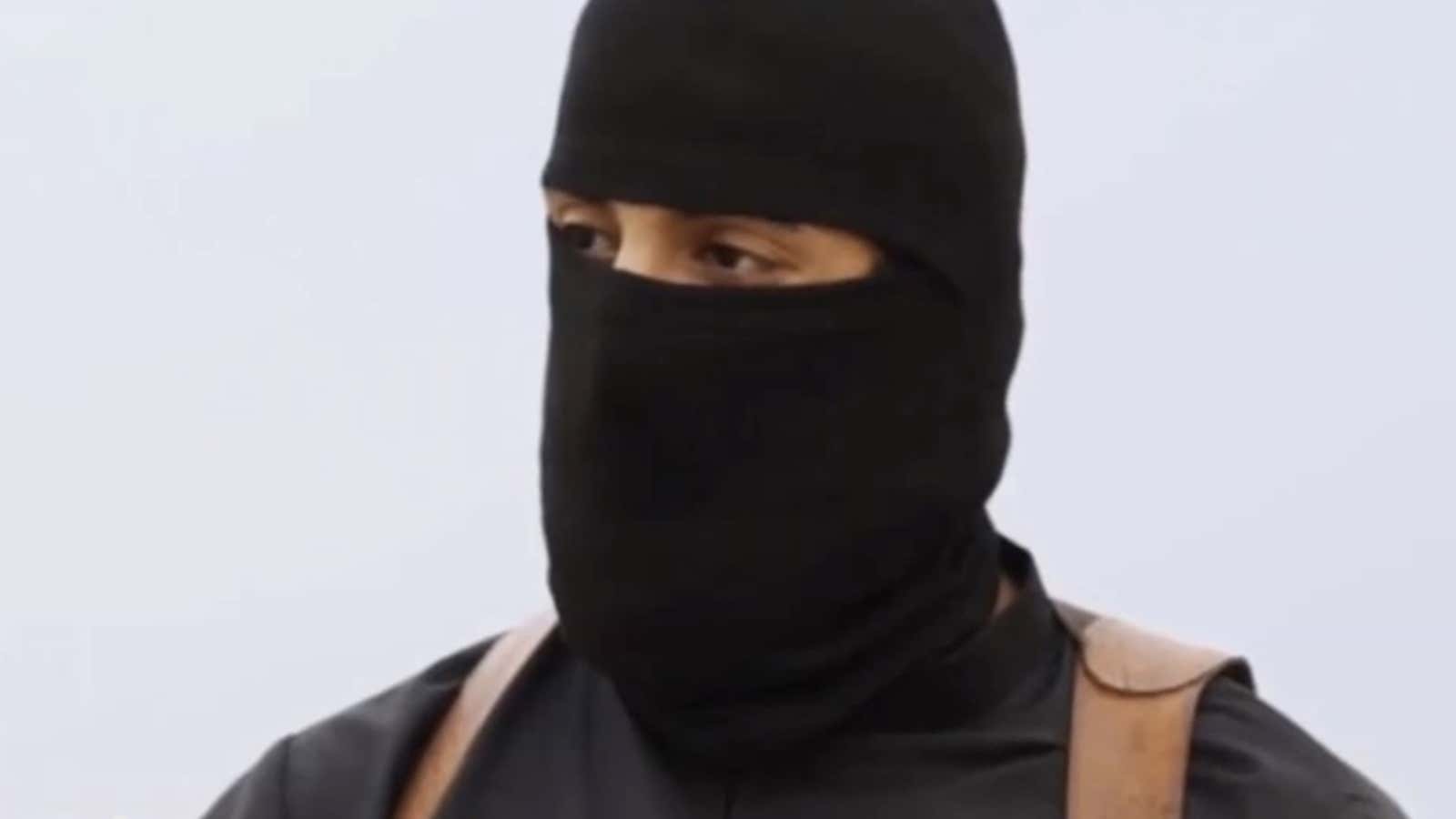An Islamic State fighter with a British accent who appeared in several videos of gruesome murders has been identified as a young man from West London by his friends and associates.
The British media nicknamed the man as “Jihadi John,” because in videos of the murders of the journalists James Foley and Steven Sotloff, and other hostages, he speaks with a London accent (audio only). On Thursday he was named by the BBC and others as Mohammed Emwazi, a man with British citizenship who grew up in West London and returned to his native Kuwait in 2012. British officials have not confirmed his identity.
The Washington Post describes Emwazi as being from a “well-to-do family” and having earned a degree in computer programming. He is described as “polite” and reportedly “had a penchant for wearing stylish clothes while adhering to the tenets of his Islamic faith.” He was part of a group of four British jihadis nicknamed “the Beatles” by some of their captives.
For many British, the familiar London-accented voice in the killings made the videos particularly upsetting. And that, of course, is no accident. The slick IS media machine, which depicts its black-clad fighters like the heroes in an action movie, has realized that accent and language matter—and that someone who sounds like a friend, neighbor, or someone one went to school with will be more chilling to the British public than someone who can be categorized more easily as “the other.”
Back in August, another man who lived in West London was identified as a member of the group of four. Abdel-Majed Abdel Bary posted an image of himself with a severed head before his Twitter account was shut down.
And earlier this week three schoolgirls from East London slipped out of the country, and are thought to be heading to Syria. In the US, three men from Brooklyn, New York, were charged by the FBI with attempting to provide material support to ISIL.
The number of foreign fighters is not huge, according to a map compiled from media reports and government releases by Radio Free Europe—600 from Britain, 100 from America, 1,200 from France—but they have a greater impact when placed, like Emwazi, in the public eye.
Now, the UK authorities and its people are dealing with another question: what to do if, or when, radicalized citizens come home.
